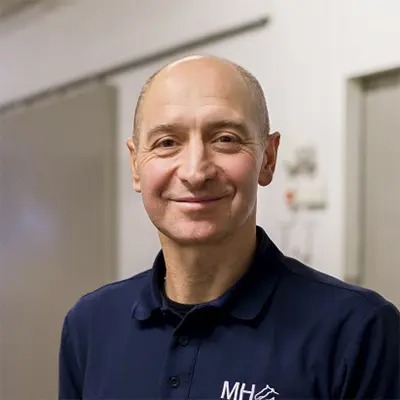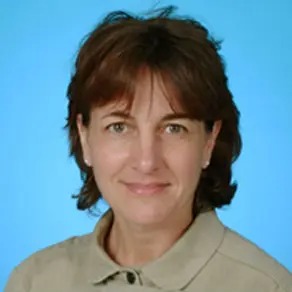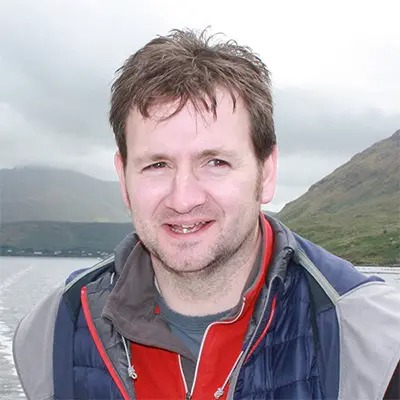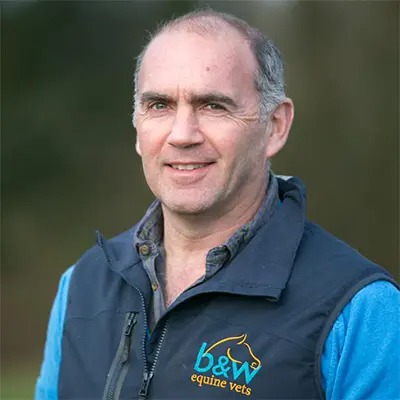Head Trauma - Focus on Soft Tissues & Facial Bone Fractures (excl. globe & orbit)
Species
Equine
Contact Hours
3 Hours - RACE Approval Pending
Language
English
Discipline
Dentistry
Emergency & Critical Care
Surgery
Veterinary Partner
Equine


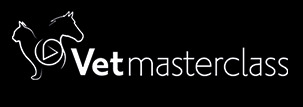
Recorded on: 15th February 2022
Panelists:
Dylan Gorvy BSc, BVSc, PhD, CertES(Soft Tissue), DECVS — Uppsala University, Sweden
Joanne Hardy DVM, PhD, DACVS, DACVECC — Texas A&M University, USA
Henry Tremaine BVetMed, CertES(Soft Tissue), MPhil, DECVS, DEVDC(Eq), FHEA, MRCVS — B&W Equine, UK
Moderator:
Patrick Pollock BVMS, PhD, CertES(Soft Tissue), DECVS, FHEA, FRCVS — Royal (Dick) School of Veterinary Studies, UK
CONTENT DESCRIPTION
Equine practitioners commonly encounter head trauma in horses, with many injuries being relatively benign. Some wounds or abrasions may at first glance appear to be trivial, but upon further investigation might turn out to be associated with damage to neurovascular structures, the orbit, the eye or with facial bone fractures.
Whilst ocular and orbital trauma will be the focus of another exchange, the international panel consisting of 4 internationally renowned equine surgeons with decades of experience with wound care and head trauma specifically, will be discussing soft tissue injuries and facial bone fractures. Which wounds should be closed and which best left open? When should sinus lavage be considered? What are the best methods to reposition/repair facial bone fractures? These and many other questions will be discussed via a wide range of presented cases.
.
Dylan studied veterinary science at Bristol University, in the UK. Following an internship in equine surgery at the Royal Veterinary College in London, he moved to Manchester where he investigated the role of growth factors in abdominal adhesion formation. After completing his PhD in 2003, he undertook a three-year surgical residency at Liverpool University, before moving to Sweden with his wife and three children.
Dylan works as a surgeon at Mälaren Hästklinik, one of busiest hospitals in Skandinavia. He is a recognised European specialist in equine surgery, having obtained the Diploma in 2008 (Dipl. ECVS). He has lectured internationally in equine wound management.
Since December 2020, he has been working as chief surgeon at the equine clinic at Uppsala University.
More InfoDr. Joanne Hardy, a clinical associate professor of veterinary surgery at the Texas A&M Large Animal Hospital (LAH), hails from Quebec, Canada. She received her Doctor of Veterinary Medicine (DVM) degree from the University of Montreal —the only French veterinary school in North America. After veterinary school, she completed a residency at The Ohio State University.
Dr Hardy joined the faculty at Ohio State and obtained board certifications in veterinary surgery and in veterinary emergency and critical care. During this time, she was invited to Texas A&M University to speak at a conference and she really liked the environment—and the College Station area in general—and when a job opened up at Texas A&M’s College of Veterinary Medicine & Biomedical Sciences (CVM), she immediately applied for it and got the job.
As a clinician, Dr Hardy is responsible for the emergency and critical care service in the LAH, which consists of medical, surgical, and food animal faculty who deal with the daytime cases and share the after-hours emergency duty.
More InfoPatrick is Professor of Veterinary Surgery and Remote and Rural Medicine at the Universities of Glasgow and Edinburgh and the Director of the Glasgow Equine Hospital and Practice. Patrick has worked in general and specialist veterinary practice for 25 years and is a specialist in large animal surgery with an interest in trauma, wound healing and supporting vets and animal owners in resource limited settings across the globe. A Fellow of the Royal College of Veterinary Surgeons for meritorious contribution to clinical practice, Patrick is involved in projects with some of the world's 150 million working horses, donkeys and mules, including setting up training programs for vets and animal owners, and has developed networks for veterinary practitioners in remote rural and resource limited settings including telemedicine and in field support from the Scottish Highlands and Islands to The Gambia. Patrick is undertaking a master’s program in Disaster Medicine and Emergency Management and is collaborating with the Worldwide Veterinary Service to develop guidelines to support the animals of displaced people.
Working with the British Animal Rescue and Trauma Association (BARTA), The Scottish Fire and Rescue Service and the veterinary profession, Patrick introduced training for incidents involving animals, animal rescue, and for supporting animals in disasters. In addition, he has worked to introduce training for first responders and vets in the high stake’s environments of equine competitive events.
Patrick is an international speaker and researcher and has introduced transformative training for veterinary undergraduates in resilience, performance, team dynamics and leadership.
Patrick is inspired by developing partnerships and collaboration between those working in all types of high stakes environments and improving the health and wellbeing of people and animals.
A keen runner, kayaker and piper, Patrick lives with his partner, and three children in west central Scotland
More InfoHenry joined us at the beginning of 2017 from the Langford Vets at the University of Bristol where he has been a Senior Lecturer in Equine Surgery for the last 14 years. He was also Head of Equine Clinical Services until 2015, where he was responsible for teaching soft tissue surgery and dentistry to veterinary undergraduates.
Henry is an RCVS Specialist in Equine Surgery and Dentistry and his particular interests are upper airway surgery, maxillofacial surgery and dentistry. He has published widely in these fields, and lectured and taught at conferences and courses around the world.
Born and educated in Gloucestershire, Henry’s other interests include playing tennis, cycling, skiing, kitesurfing and occasional field sports.
More InfoVeterinary Student
Online Panel Discussion
USD 20.00
Qualified Vet
Online Panel Discussion
USD 95.00
Intern/Resident/PhD (Requires proof of status)
Online Panel Discussion
USD 70.00
Vet Nurse/Vet Tech (Requires proof of status)
Online Panel Discussion
USD 70.00
If the options you are looking for are unavailable, please contact us.
No tax will be added unless you are a UK taxpayer
Choose currency at checkout



